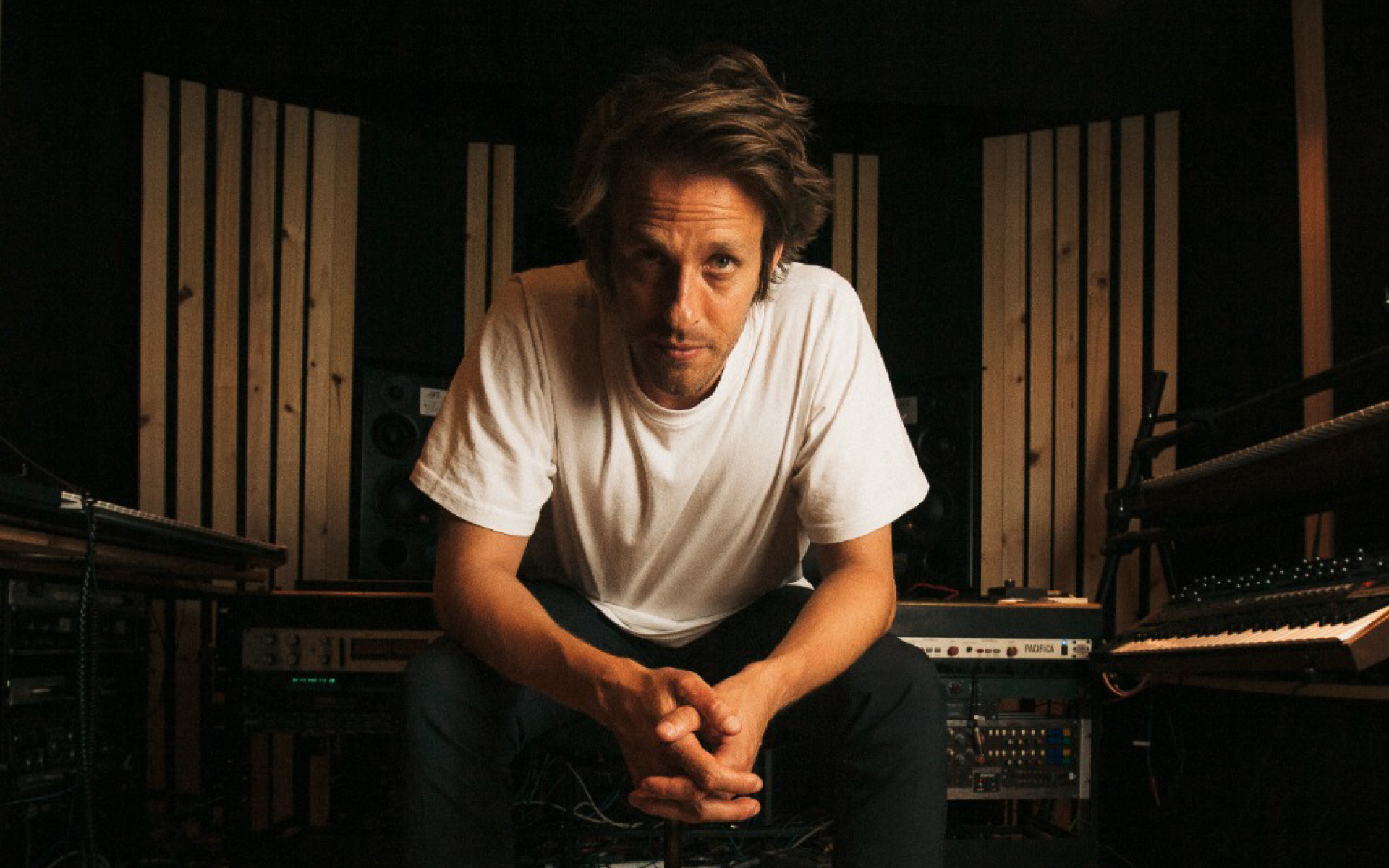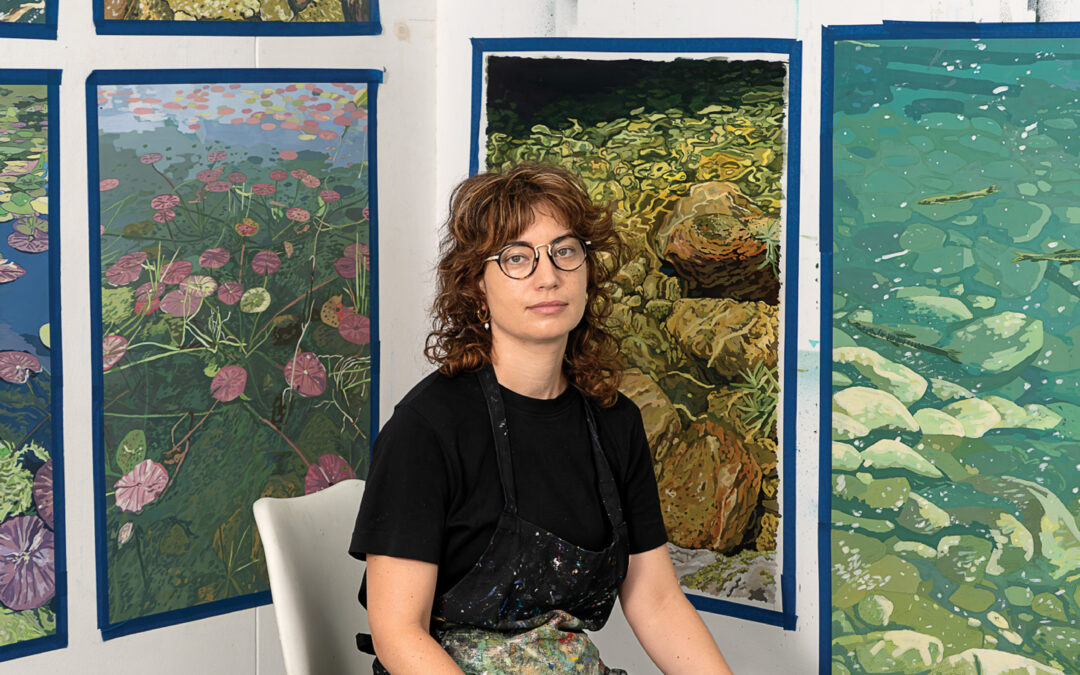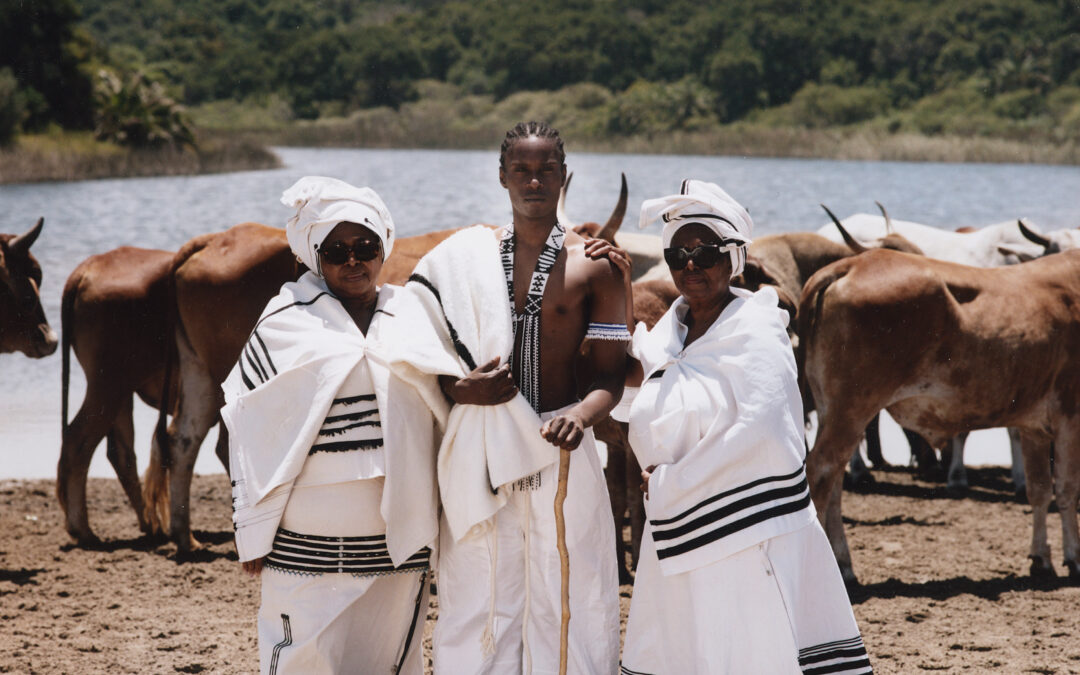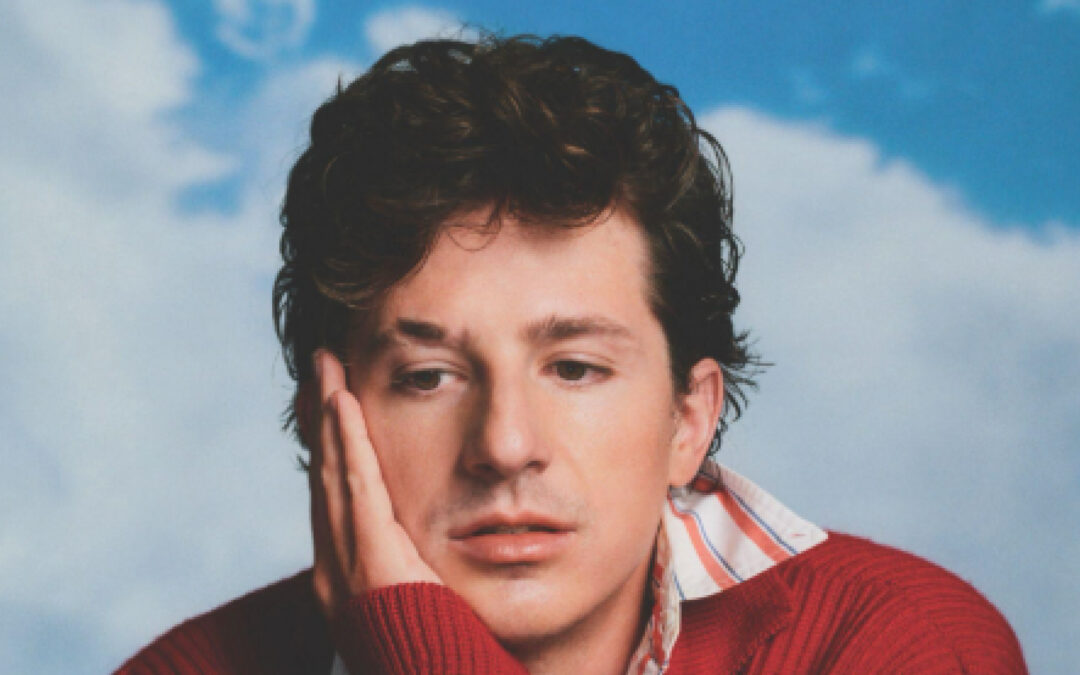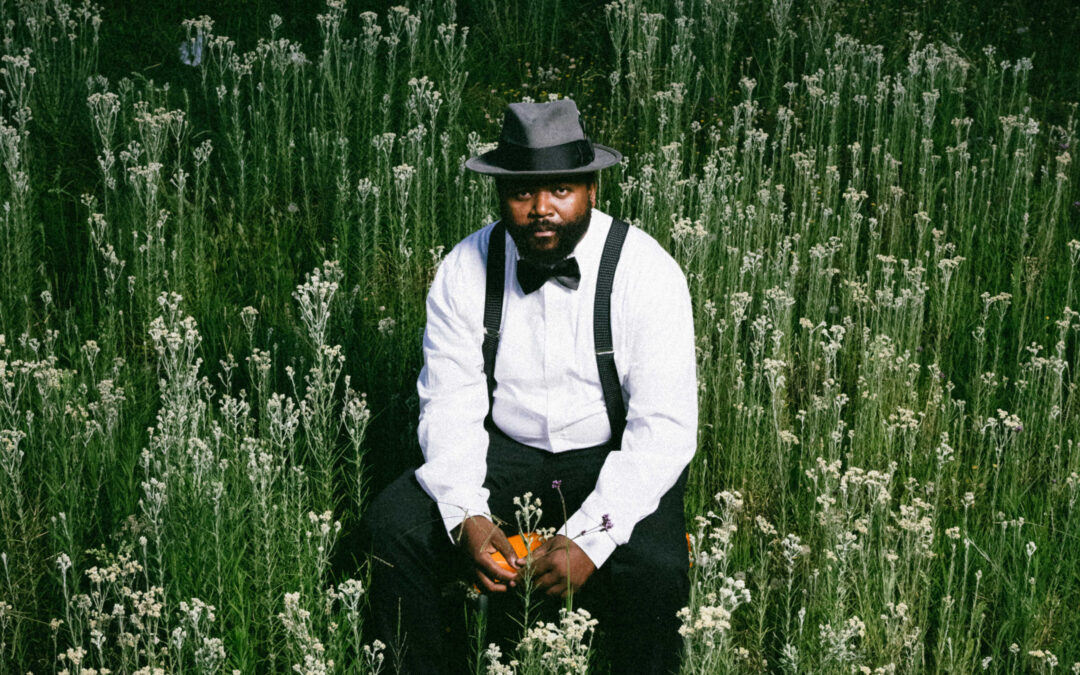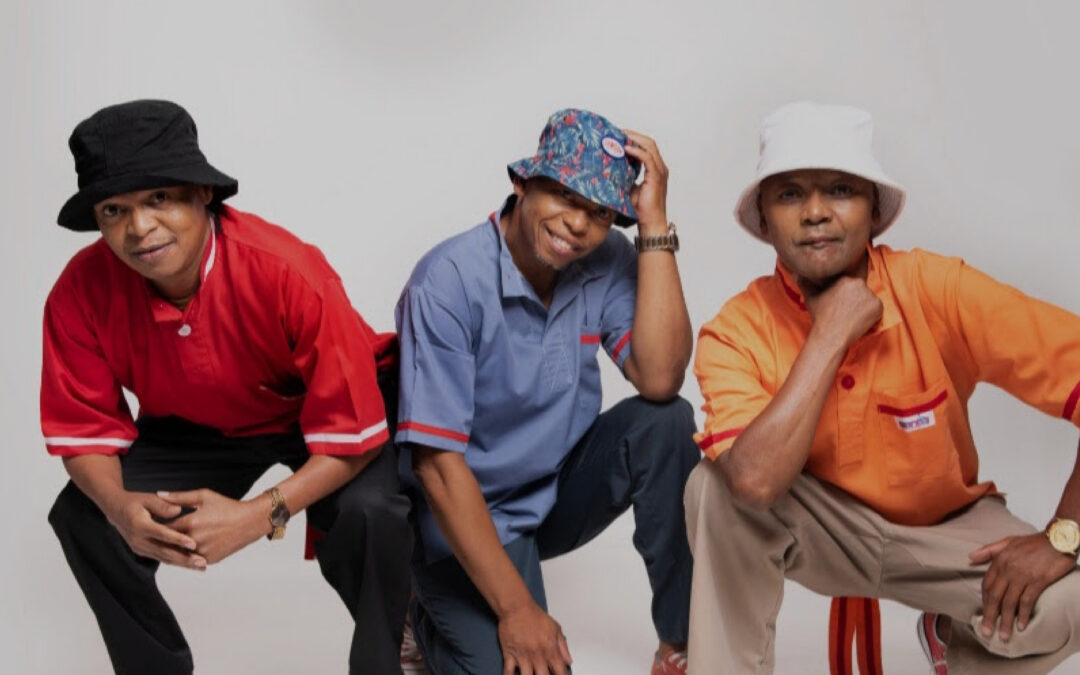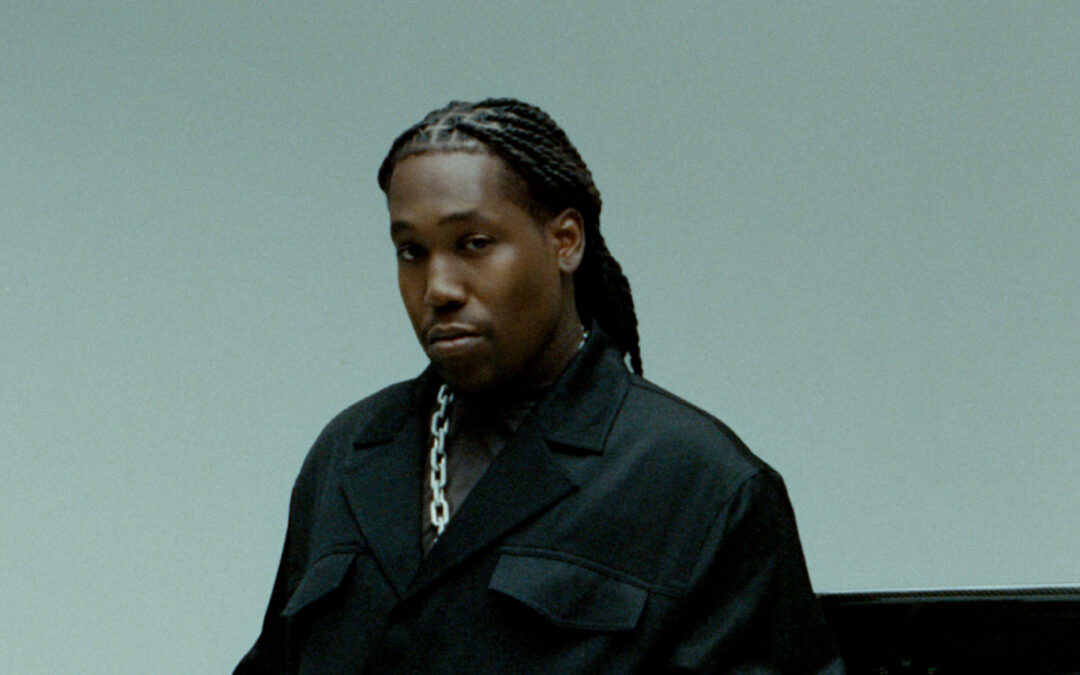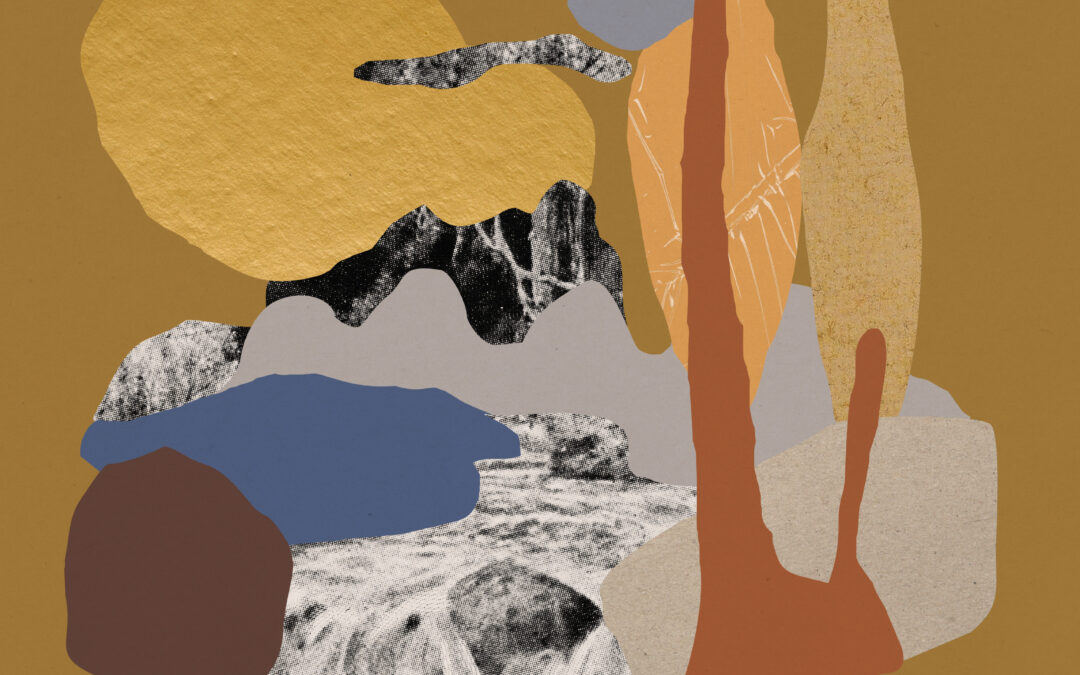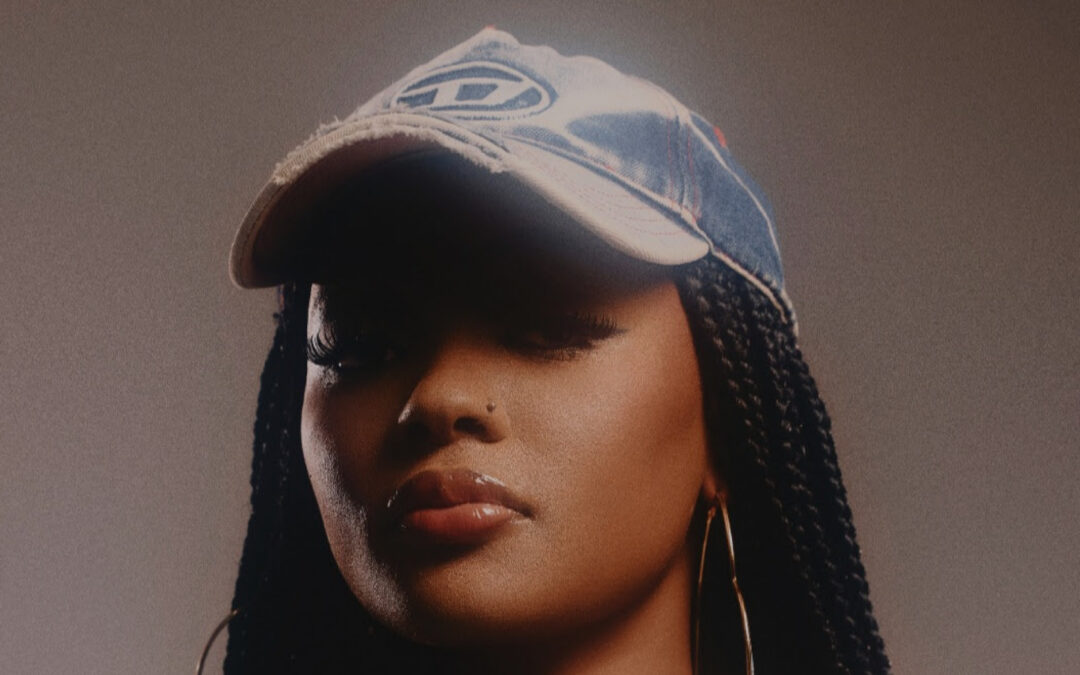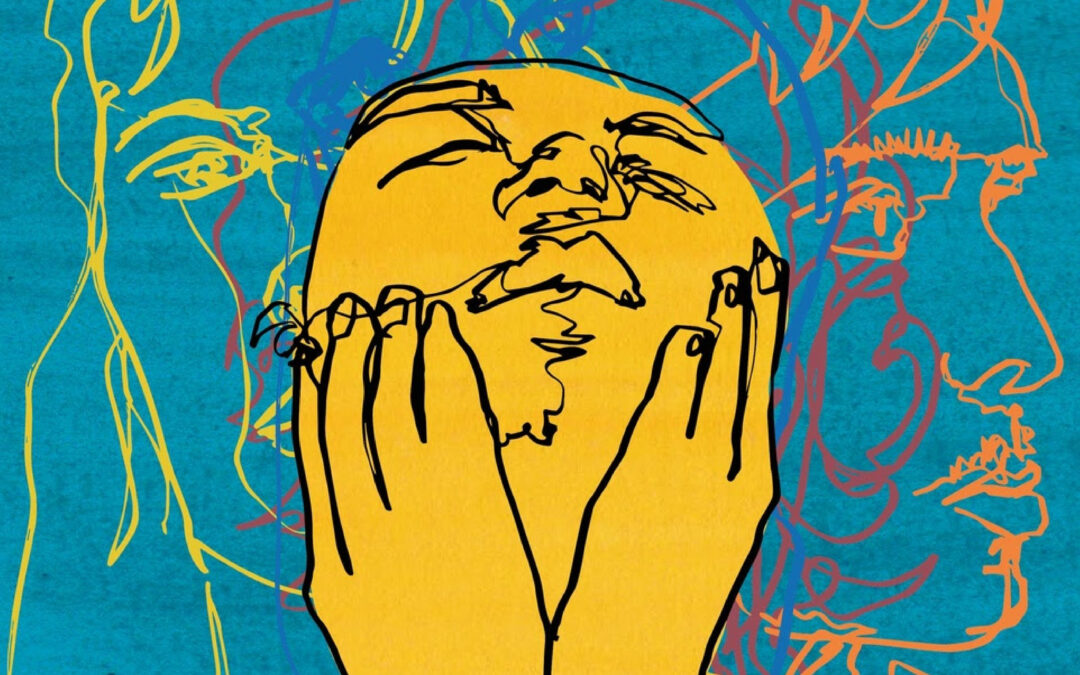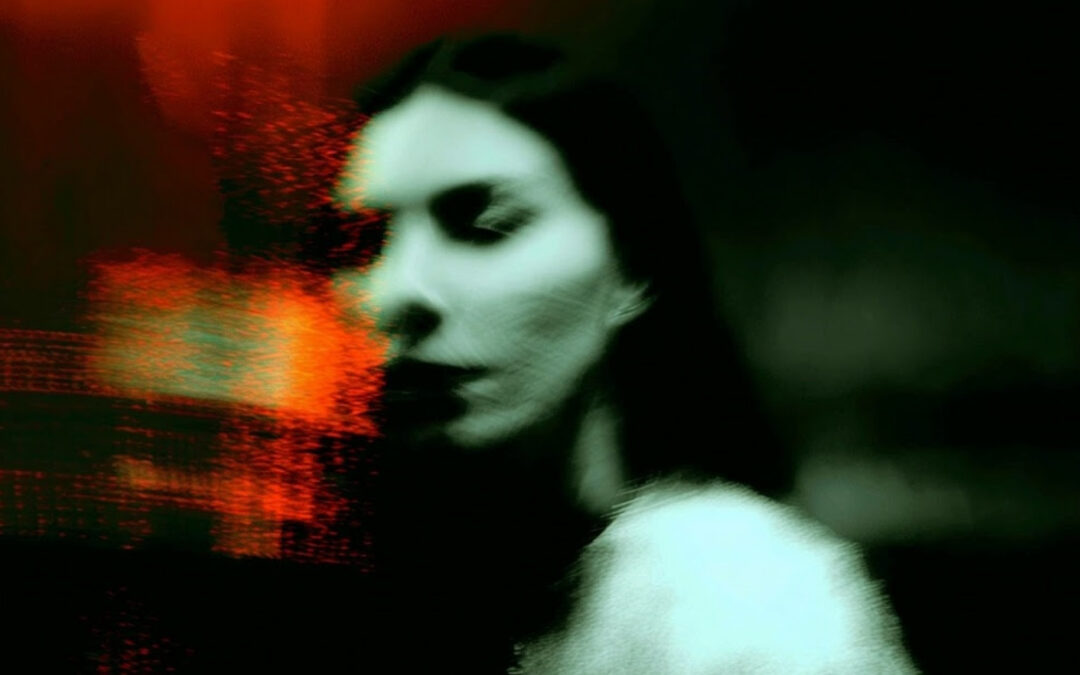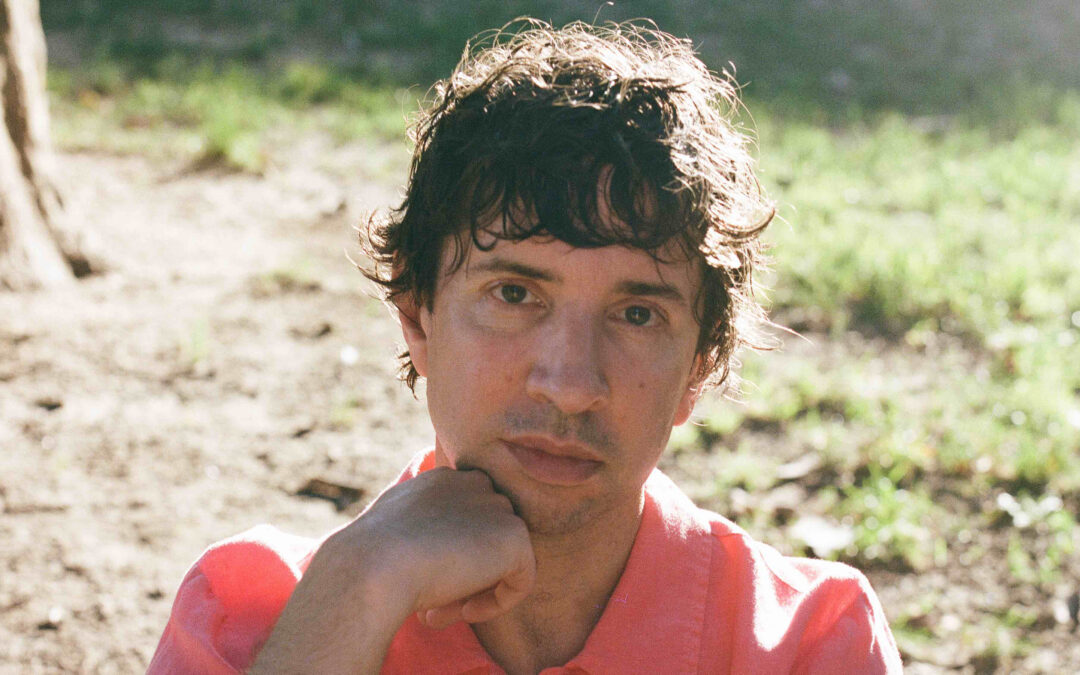PHFAT is a moniker that has stood the test of time – the iconic name lives on in South Africa’s musical lexicon – stronger since, in many ways, than when the term was formerly known as P.H.F.a.t. Since 2015, with a slight alteration, founding member and lead emcee Mike Zietsmann is driving the verbal and sonic vehicle of PHFAT wholly as his own; not without, though, an exceptional commitment to collaboration – and as we come to find out in this interview, a firm support for the younger generation. Mike is an OG – and he has the scars to show. As someone whose very existence & career leads as an example of what is possible for independent musicians, the relentless spirit of creative expression & dedication lives on through PHFAT. Connect Everything Collective’s founder & editor in chief, Candice, caught up with Mike in his studio – a full circle journey, with her own memories of the 2010s laced with memories of PHFAT’s presence.
Mike’s studio is nestled underground in a building in Cape Town’s CBD, walking into the room was one thing but heading through the doors into Mike’s fully equipped, geared-for-optimum-sound studio was quite another. Walking into the studio where we’re about to interview PHFAT immediately takes me back to Candice 12 years ago, where I used to quiver with excitement when knowing I was about to watch PHFAT perform live in Newtown, JHB. The dedication to his craft of music is evident in his studio space and before we delve into the interview, we spend some time chatting and reminiscing over the tracks PHFAT have released, spanning over a decade.
I ask Mike to take us back – a story arising out of the sleepy hood of Hout Bay, steeped in the kind of youthful grit that makes shit really happen – to which he says, “Me and Narch just lived in the same town and we surfed together a lot. I decided I wanted to try and make music – and I was trying my very best to figure it out at that point – when a song played, I still had no idea how it was put together. At some point, we made a track that could’ve been performed. It sort of clicked, and then I think it was Fletcher who picked it up and played it in his set Earthdance. We were 18 or 19, standing in the crowd with our minds blown. The beauty of that age is not being aware of how bad you are – you’re quite willing to suck. The one thing about being willing to suck in public, is when you find out in public that people don’t like stuff – and if you can handle the criticism, that process of refinement can begin.” PHFAT at the time, felt like a new era, even genre in South African music. Fast forward to a few years later circa 2015 I see myself watching them (Mike) perform “Light’s Out” with JungFreud, genuinely one of the most incredible performances I’ve ever seen. Now, as the years have passed, Mike reflects on those days, “When we started, we were playing alternate stages at trance parties. There was always an element of the hip-hop thing, so we’d be with the drum & bass DJs, and then with the indie bands. I think people struggled to place us, initially. I don’t know where we are, but we’re still playing. Post-lock down is the first generational shift that we’ve seen – you can see a marked difference in the landscape. I’m reminded of when we were young millennials, going to the late Gen-X parties – now I’m an older millennial, with Gen-Z crowds.” Music was then, as it is now, an non-negotiable calling for Mike – and a path he has made work, no matter what, in a way that symbolises across the country that a career in music is possible – and it is absolutely necessary, “I remember when it first clicked, I was delivering pizza to pay for my R1 000.00 microphones – which was crazy money back then – and we had our first show, and made like R2 000.00. I realised I could make more money having fun than delivering pizzas – so it was non-negotiable to continue.”
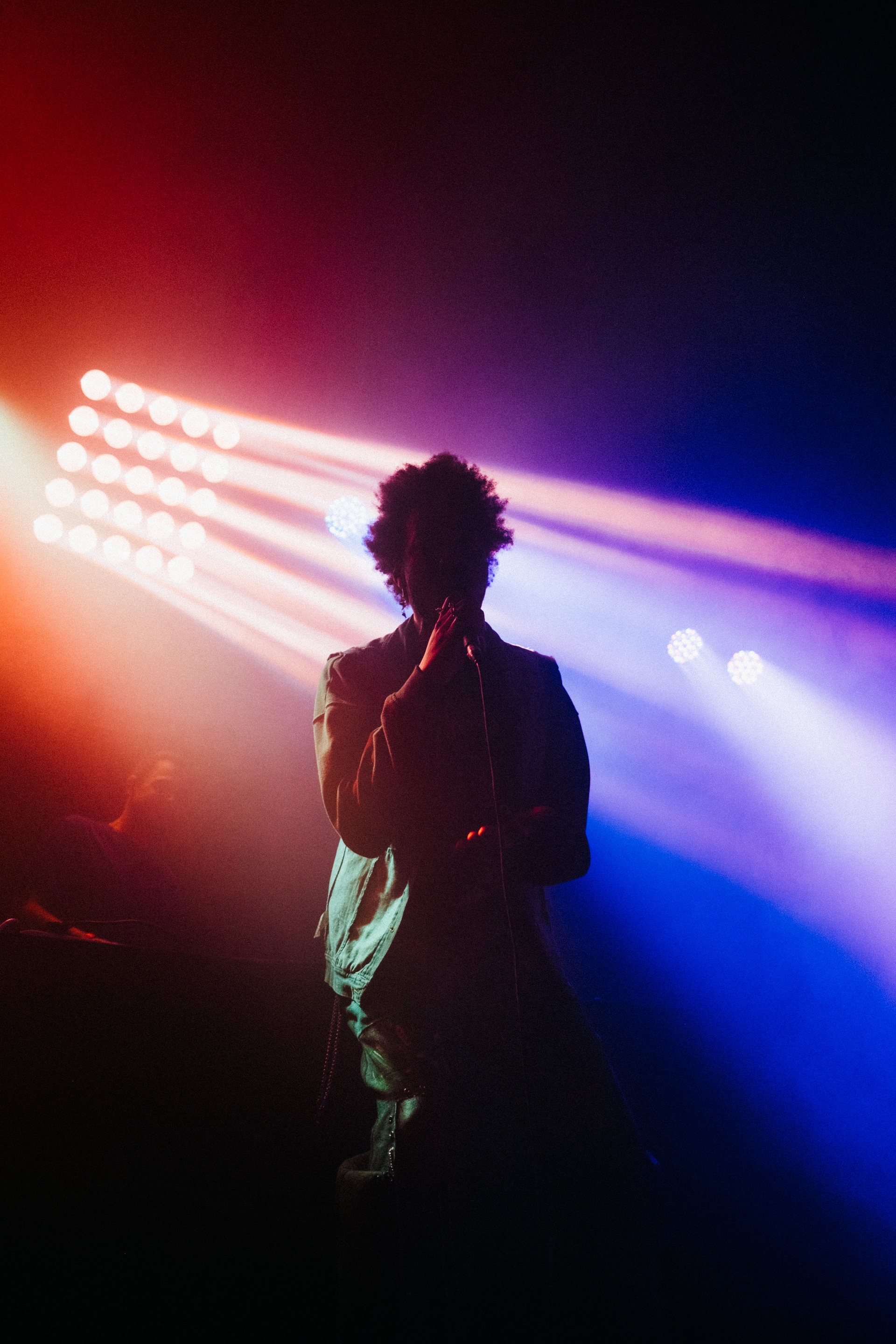
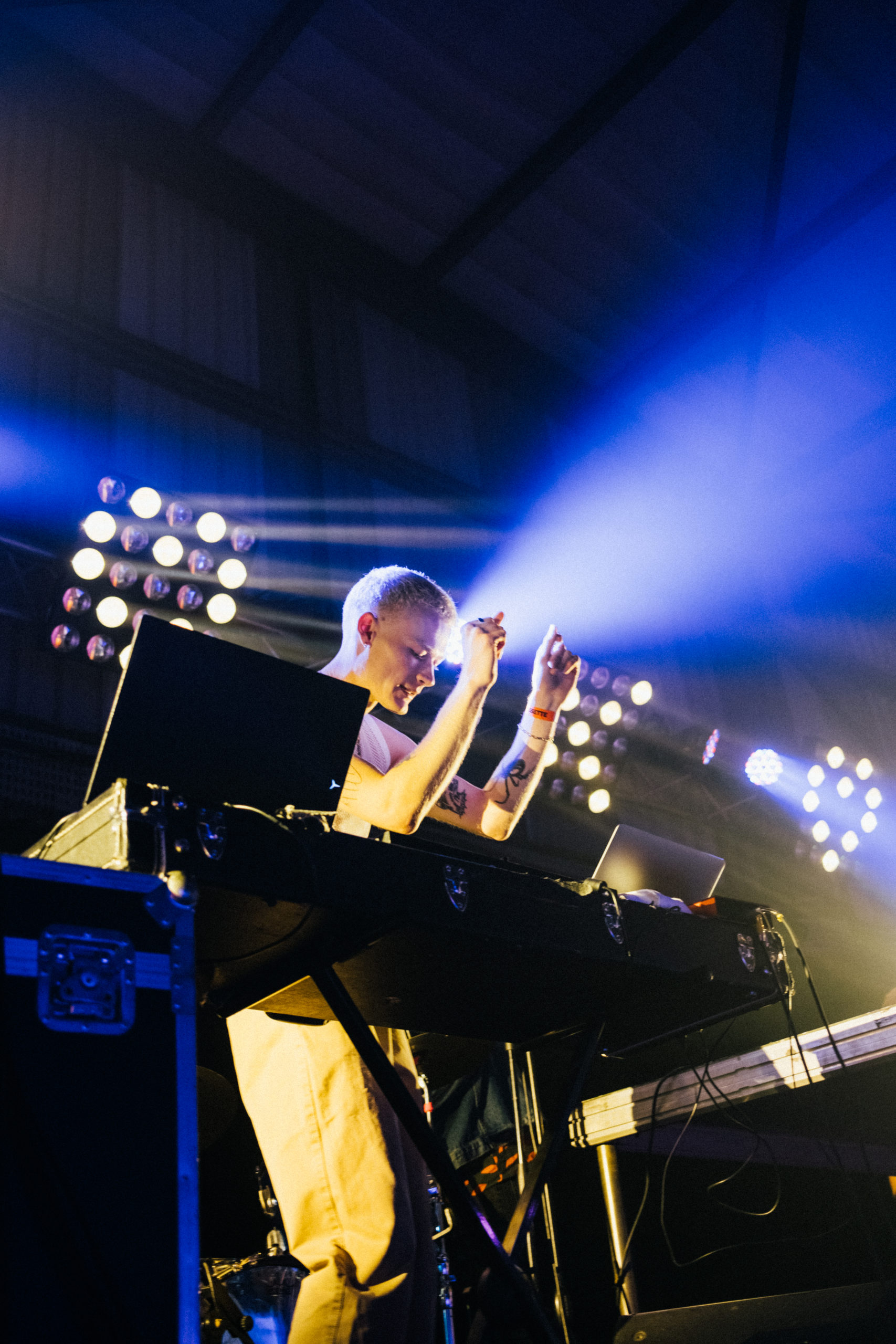
It was around that time that I clutched onto the CD handed out to me at one of the shows; PHFAT’s “Dinosaur Blood” – a disc that I played on repeat, from start to finish. An era of a time where the iPod was not yet a feature in my car (mainly because I didn’t have aux cable) and I relied on hard copy discs to get my music fix. On the release, Mike reminisces “Physical releases were still a thing at the time – this is before streaming. It was actually pretty wild, I had a relationship with Puma when I was younger and skateboarding, and I called them – and we somehow convinced Andy from Mahala to print something like 10 000 CDs, and they put them in the sleeve of every Mahala magazine and we just mailed it to everyone for free. Then, we just put it all on Soundcloud so everyone could listen to it.” With so much changing in the way we consume and create music – I remain an ardent fan of the music video format. Maybe it was being raised on music channels, or the total poetry of those moments seeing artists come alive on screen. There was a form of access to their world – does it remain relevant though? Mike comments, “The music video was a visual statement that could sell a personality or identity. We haven’t lost that necessarily – it’s just been fragmented into smaller and smaller pieces, across social media. People’s attention span seems shorter now, too – so today, long-form videos are not necessarily the most strategic way to convey a story.”
With the disbanding of PHFAT as a crew, Mike has taken up the mantle firmly on his own – as the solo performer, keeping the lifeblood running of PHFAT to fans and collaborators alike. What has this proven in both challenge and triumph? “My production chops have certainly improved through collaboration with other artists. It brings on challenges, for sure, but it has also provided more opportunities. When you’re out there on your own, it can expand your versatility or spread you too thin. Anytime you’re spread too thin in the process of up-skilling, you can eventually get back up when you’re stronger to handle it. I think it’s made me a more capable musician. There’s people who would argue the music has gone backwards, but that’s okay – you’re allowed to hate.”
Mike’s optimism in SA music is both refreshing and encouraging, laced with unwavering passion and a non-stop attitude to release good music and collaborate with artists and musicians from the local scene in South Africa. Maintaining this optimism is critical to his success – and the maintenance of PHFAT’s importance in the local music consciousness. Mike makes a case for why the grass need not always be greener, “We get fed the success stories from other territories – you know, the grass is greener mentality. When you actually go to those other places, you realise the hustle is still happening; sometimes in an even more competitive landscape. There might be more catch-nets or resources available, but it’s also relative. I think to lose optimism is to start looking for a new career. You can’t be jaded about the scene, because it will always be over-saturated or under-developed. In every scene in the world, there are viciously talented musicians who are underappreciated.The goal is to crack it everywhere, but everyone has a starting point and every starting point has challenges. I think one of the things that has helped me stay optimistic has been working with young musicians. That youthful, hard-headedness to fucking just go for it, is so energising.” So who is Mike watching out for now, in 2022? “Talent-wise, Moonga K is amazing. I’ve worked with him on a ton of songs. I saw him this weekend at Daisies – they put him on at 3pm, so it wasn’t a big crowd, and it’s difficult to light up to a sparse crowd; but he was fully immersed in it, he pulled in an audience from nothing. His voice is world-class, and he dances well; he’s got that feeling. Internet Girl, aboynamedblu, and Burning Forest Boy too, though I haven’t worked with him.” After the interview, Mike played me some of his unreleased and upcoming music – listening to these tracks was an absolute treat (especially in the previously mentioned geared-for-optimum sound studio) – the music is superb and reflects the utmost commitment Mike has (and has never lost) for releasing the sounds that could only be known as…PHFAT.
With Mike’s grasp firmly on creating spaces in which local musicians share in the spirit of the future – and the event producer space that he is a part of, Rare Cassette is an example of this. With Rare Cassette’s team – Katya Volkova, Josh Berry, Dillon Birns, Zach Lees and Nikita Lanndau – I experienced big things to come in this new era of events & shows, post-pandemic and future-focused. Katya explains, “we are a team of musicians and creatives just decided to make a dream happen. Just because we can. Rare Cassette is for musicians and music lovers. Sound, stage design, lighting, ear plugs for all guests, posters and visual style we love, backstage for artists, long soundcheck night before the show to make sure that everything sounds and looks the way we want it. We did it without sponsors and any brand support, just because we wanted to. God bless the venue, the Factory,with their support, understanding and trust. We did Rare Cassette with attention to every little tiny detail, we also learned a lot of lessons haha of course, but the most important on the event day we all were the most happiest people in the world, because everything was happening, a lot of beautiful people came to Paarden Eiland and each live show looks sick, authentic and boom!”
What does this mean for the performing season ahead? Katya remarks, “It was brave and crazy to put this event in 4 weeks. But with good energy and passion I believe that everything is possible. I, personally, love projects and ideas when it sounds crazy, feels scary, but exciting, inspiring and gonna be a lot of fun. I hope with Rare Cassette we have turned on the switch for live music in Cape Town and in the future we’ll attend more and more awesome live shows.”
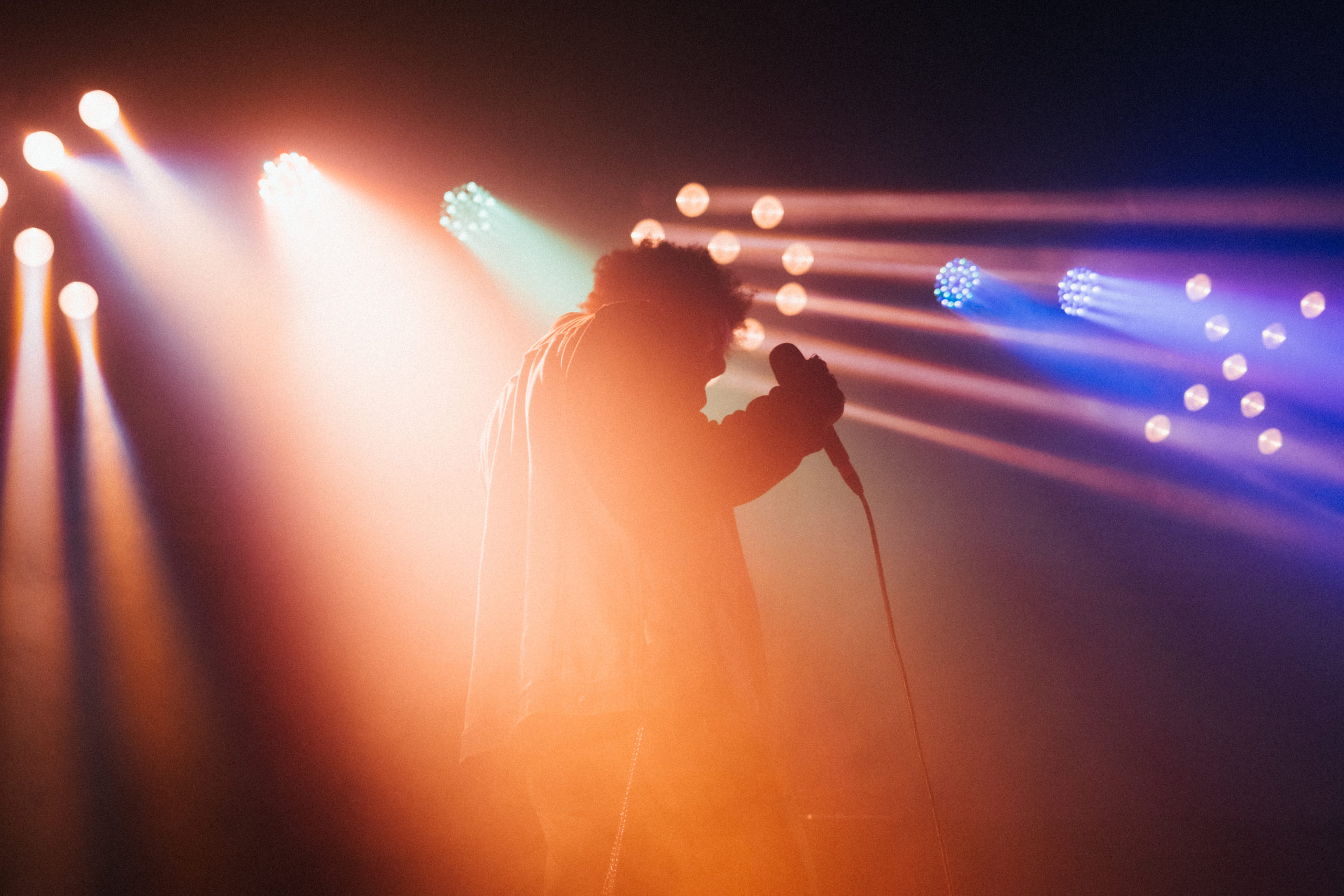
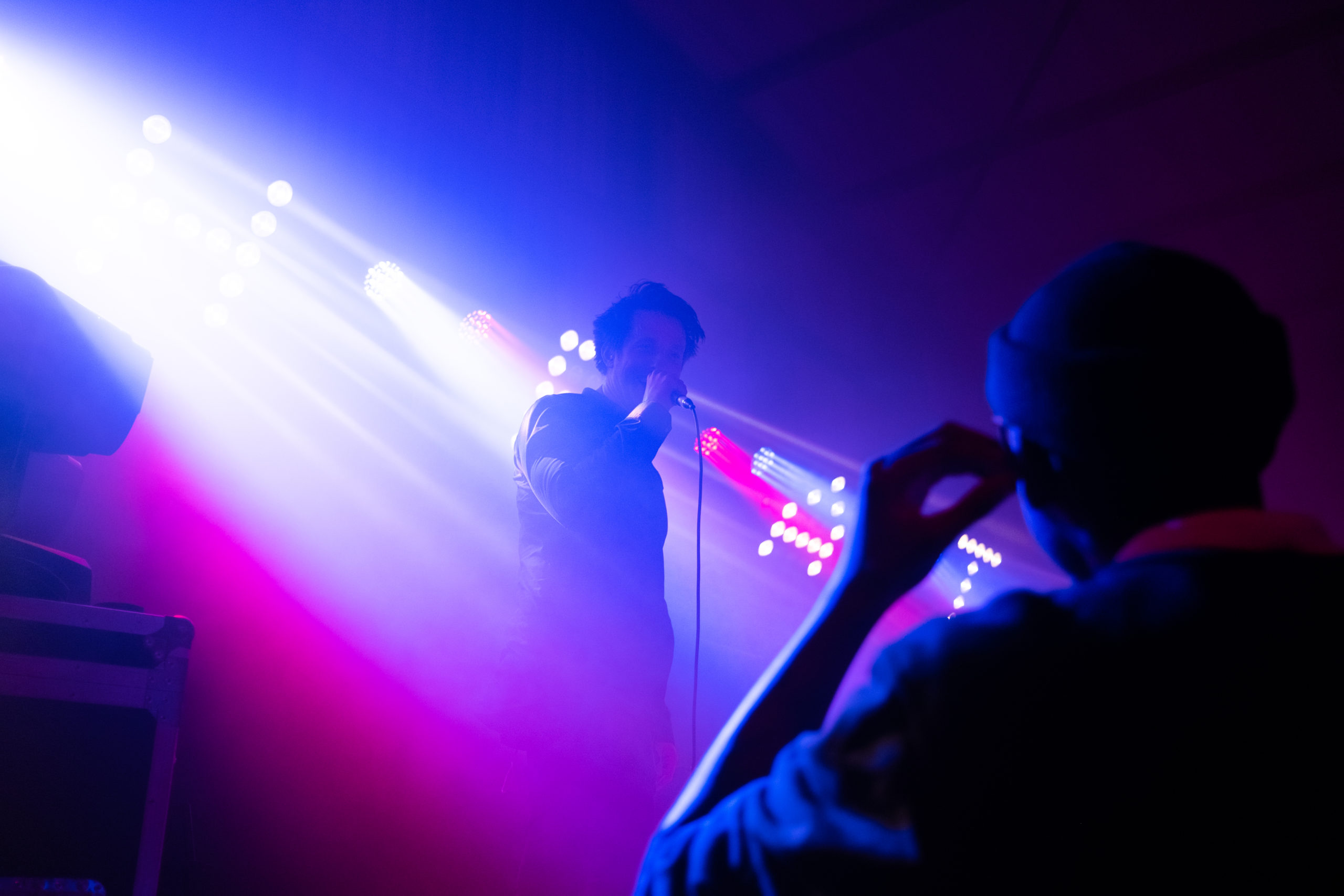
Article Images by: Hana Sho
Written By: Holly Bell Beaton and Candice Erasmus
For more news, visit the Connect Everything Collective homepage www.ceconline.co.za

